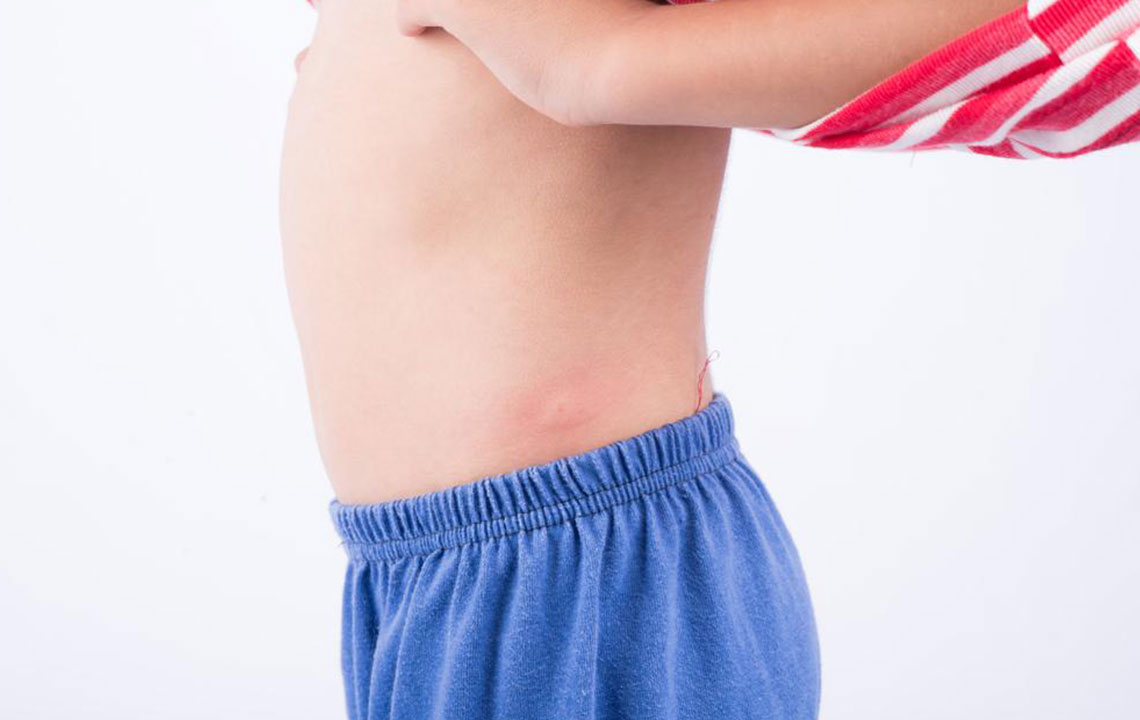Ten types of skin rashes you should know about
Skin rashes are nothing but discolorations of the skin or inflammations which may have occurred. Photos of skin rashes are widely available on the internet giving the access to a lot of information about it. However, skin rash pictures can be deceptive because the condition in the photograph may be entirely different from what one is experiencing.
- Psoriasis: In this skin infection, skin cells multiply almost ten times faster than regular cells.

This appears typically on the knees, elbows, and scalp. Hives: These usually causes burning and itching. It appears as red swollen bumps on the skin and is typically caused by allergens or as a response to histamine which is released in the body. It can last a day or more depending on the severity. Reactions to medication: With one look at skin rash photos, doctors can easily diagnose a reaction to medication. These look like hives, and sometimes manifest as blisters or bumps on the skin. Rashes due to extreme heat: Low tolerance to heat can make the skin burst out into a rash which looks like specks on the skin. It spread all over the body and gives an appearance of little red dots on the skin. These are caused when the sweat pores get blocked. Fungal rashes: Rashes caused by a fungal infection, also called yeast infections. Rashes due to bacterial infections: Such rashes are also called cellulitis, and they are painful. Parasites caused rashes: Commonly known as scabies, this is an infection called by the human itch mite. Tinea: There is a yeast that lives on our skin, and when it goes out of control, it takes the form of a rash called ‘tinea.’ Chicken pox: One does not need to look at skin rash photos to figure out that one has contracted chicken pox. It is contagious and is easily identifiable by the red blisters it causes.
Hand, Foot and Mouth Disease: Identified by ulcers in and around the mouth, feet, and hand; this rash is contagious.
Disclaimer:
The content of the articles discussing symptoms, treatments, health conditions, and side effects is solely intended for informational purposes. It is imperative that readers do not interpret the information provided on the website as professional advice. Readers are requested to use their discretion and refrain from treating the suggestions or opinions provided by the writers and editors as medical advice. It is important to seek the help of licensed and expert healthcare professionals when necessary.